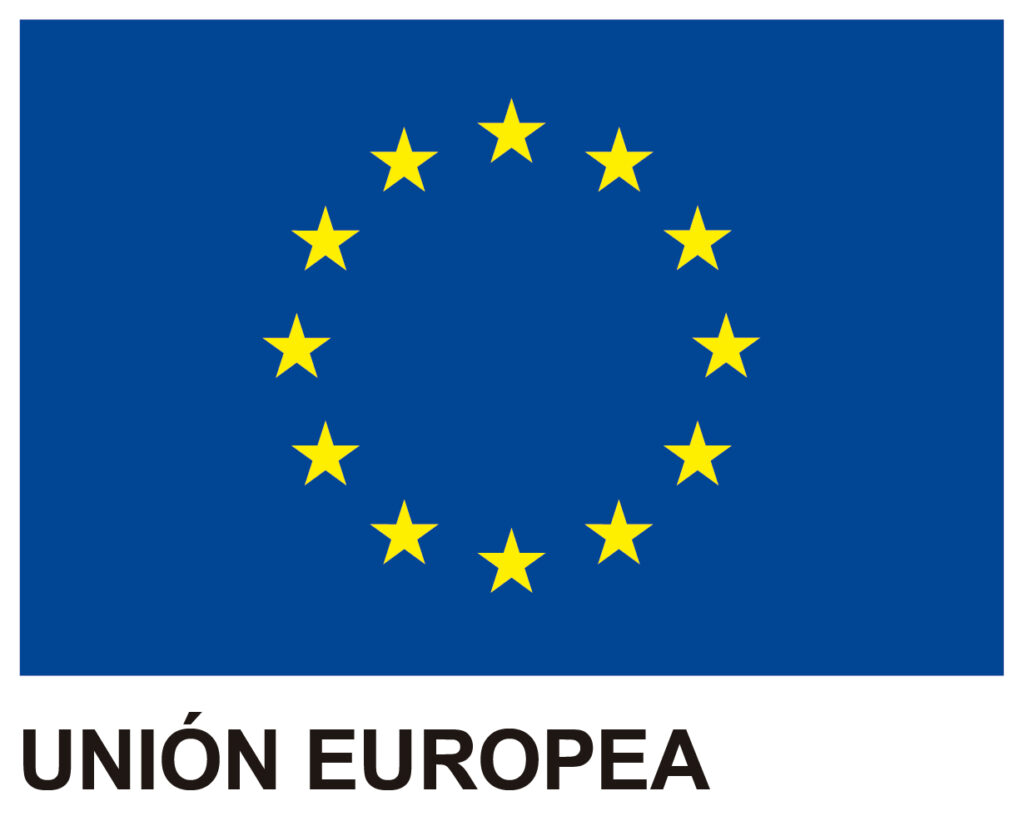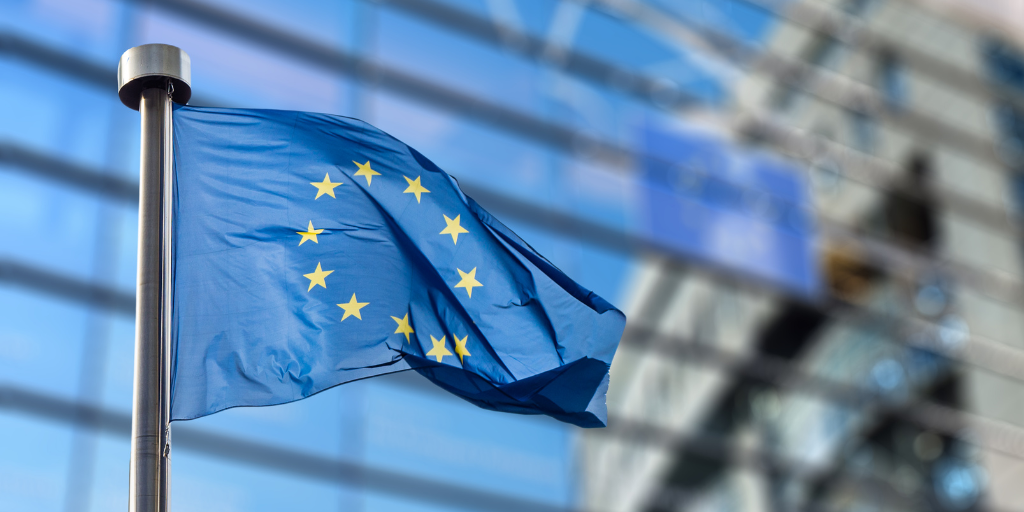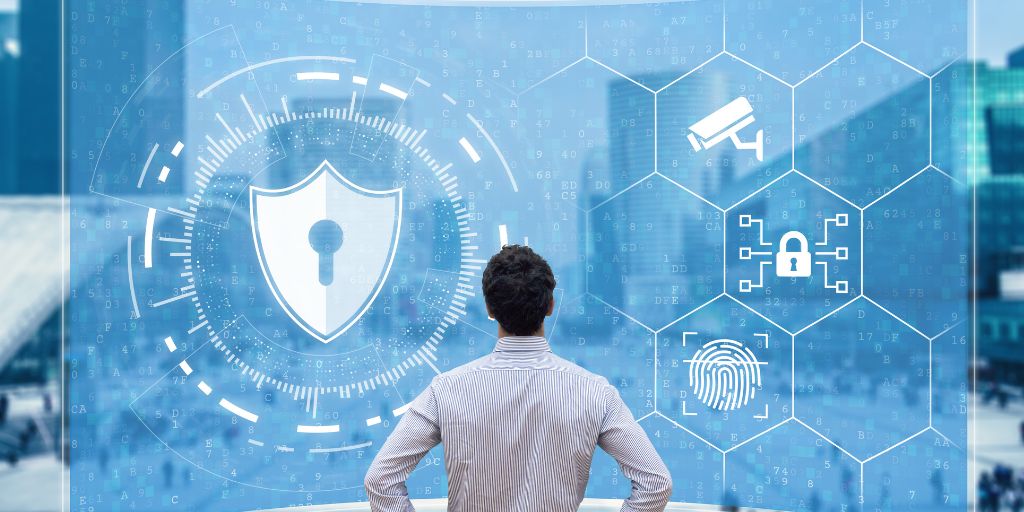Security Audit Project Management
By definition, we understand the concept of audit as a systematic review of an activity or process, in order to evaluate its relative compliance against a set of previously established criteria or best practices. In any area of activity, we will find standards that define a set of requirements to be met, in order to guide the evaluated processes or activities towards continuous improvement.
The security audit process seeks to ensure that organizations have an effective means to evaluate the state of their information systems and infrastructures, against various failures and vulnerabilities that could negatively affect the organization’s functioning, and therefore, the achievement of previously established business objectives.
In the current industrial and business context, information technologies are a key, fundamental, and transversal piece of any business or activity. The growing complexity of networks, communication systems, and services available in companies, both internally and externally, have made these an absolutely necessary and essential element for the development of their activities.
Conducting a security audit involves establishing a review and analysis of information systems, understanding as such servers, workstations, information repositories, applications, networks and communication systems, as well as any other type of asset that processes and manages information within the organization. In many cases, the physical security measures and controls in place to protect both the indicated assets and people are also evaluated, in order to verify that only previously authorized personnel can access the evaluated systems.
This review should be as thorough as possible and be carried out by specialized auditors responsible for analyzing the assets involved in the scope to be evaluated.
Compliance or Best Practice Audits
Security audits can be for compliance with a reference standard or a set of best practices such as: COBIT, ITIL, ISO 27001 or National Security Framework, which are recognized at international or national level.
Security risks can be exploited by third parties in order to cause damage to the organization, either by accessing confidential and critical information, such as patents, research, strategies, personal data, etc. or by affecting systems and infrastructures to prevent their proper functioning and causing an operational impact on the organization.
Conducting security audits is not something that depends on the size of the company, but in each case, the necessary resources for carrying it out must be adapted with the objective of always identifying the risks and threats to which an organization is exposed.
The results obtained in the security audit report allow prioritizing the establishment of mitigation and action plans to address the identified security risks, so that the organization can prepare in advance for possible events and incidents related to the detected vulnerabilities.
We must keep in mind that conducting a security audit allows us to obtain information about the organization’s situation, at a specific point in time, on the date of its completion. It is therefore necessary to repeat it periodically, with the aim of assessing both the evolution and improvement of the information systems involved, based on previous analyses and the implementation of corrective actions taken, as well as the identification of new vulnerabilities, which are continuously detected and reported by software and hardware manufacturers, as well as by analysts and specialized companies in the sector.
This continuous Security Audit process is fundamental for the protection of our organization’s information systems and thus ensure adequate risk management.
At GlobalSUITE Solutions we have an expert team that can perform security audits in your organization based on a recognized standard such as ISO 27001.
Additionally, we offer the necessary help and advice for the complete adaptation of your organization to the implementation of ISO standards and obtaining its certification. We have the GlobalSUITE® software, entirely developed by our team, which allows the implementation, management, and maintenance of all the requirements demanded by the standard in all types of organizations and sectors.



